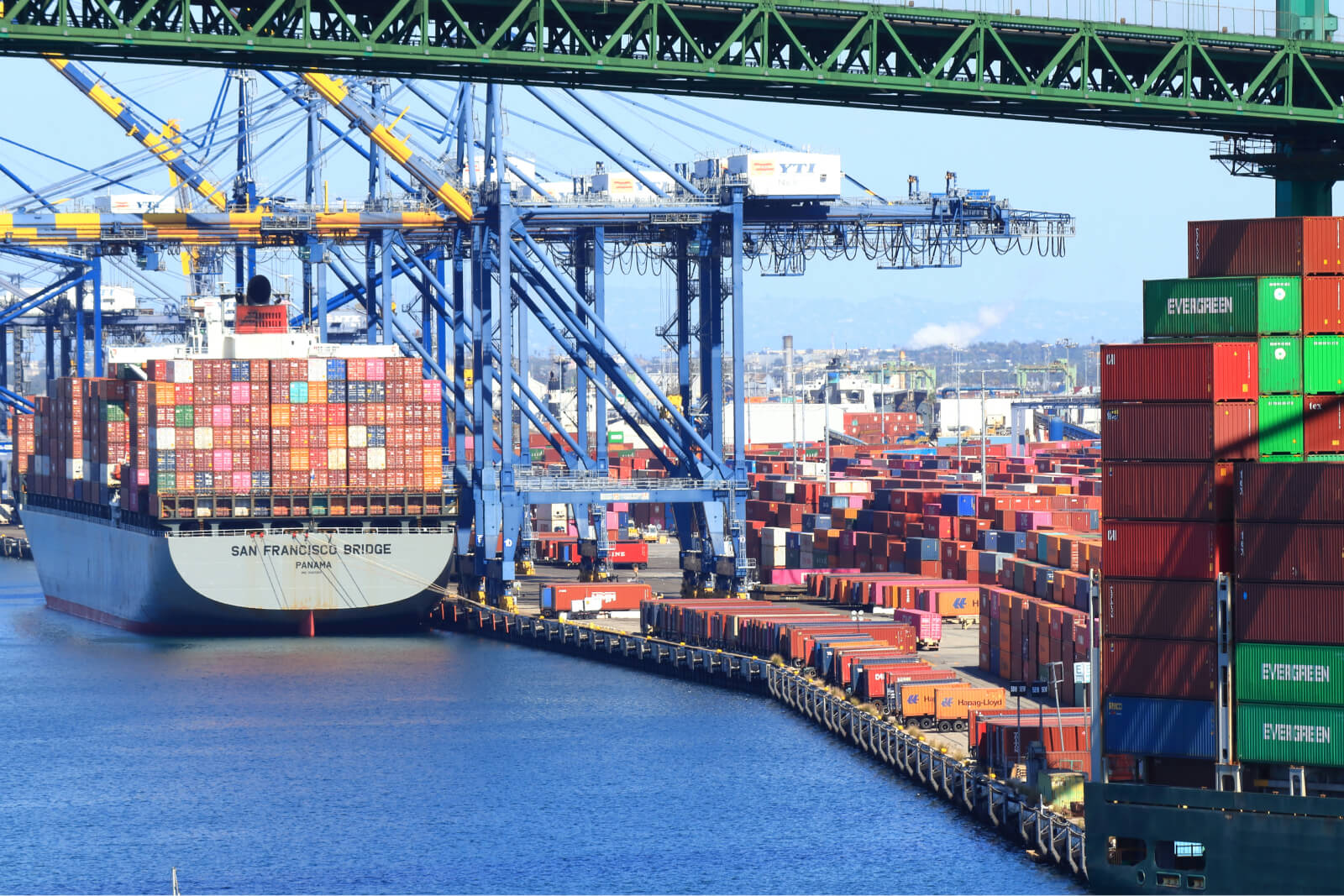
Article originally published on AJOT.com
The supply chain industry has been watching as the government debated key challenges to shipping ocean freight and this past Thursday, President Biden signed the Shipping Reform Act of 2022 into law. Over the last two years, the scales have tipped in favor of ocean carriers in terms of container capacity, availability and prices. With the new legislation, shippers could see the scales tip back in their favor. But it’s unknown how long that might take.
FourKites’ VP of Ocean Strategic Solutions, Philippe Salles discussed the impact of this legislation on shippers. Philippe is an industry veteran with a detailed knowledge of current supply chain issues, with key roles at CMA CGM, INTTRA and Dewry Shipping Consultants.
Philippe, the Ocean Shipping Reform Act has passed Congress and now President Biden is expected to sign the legislation soon. What are some key areas of the bill that shippers should know and what is the impact on shippers?
The bill, at a high level, adds additional requirements and accountability for ocean carriers; requires the FMC to create rules around fees, prohibited practices and creating a shipping registry; and the ability to create emergency orders for common carriers to share information with shipper, rail and truckload carriers.
The impact is only on the domestic operations and business side. There is little expectation that it will influence the freight rate levels which follow international market conditions, especially as the recent investigations failed to prove any wrongdoing among the carriers. The legislation also might not solve the general infrastructure situation or labor market conditions.
Why did the government get involved in the ocean freight market?
The context is political. There is general frustration and a call for action from shippers and, ultimately, end consumers that has shaped public opinion. Governments and administrations need to respond in some ways and pass the message they can intervene further if the situation worsens.
Will Shippers see these changes immediately? If not, how long do you anticipate it will take?
No, it will take several months or maybe a year before legislation is put into practice — there are some definitions around carrier behaviors that need to be understood in practical terms. The immediate effect may be to support more constructive conversations among the key stakeholders to ease the pain.
Will this be enough to “fix” the supply chain? Do you believe that container prices or availability will go back to a normal level?
Additional legislation may lead to a succession of complaints and claims by various parties, such as shippers, carriers, terminal and chassis operators, looking for compensation or indemnification. It will encourage more clarity on who is responsible for what and how this information is shared. The worst situation is to have bottlenecks and information in black boxes at the same time. Facts will be necessary for supporting complaints.
The legislation may encourage developments in favor of real-time access to capacity and equipment data, but this is not an immediate fix. Technology can help. Looking ahead, an indicator of what is needed could be the Freight Logistics Optimization Works (FLOW) initiative, a Biden Administration initiative created to “pilot key freight information exchange between parts of the good movement supply chain.”
This is specific to the US ocean freight industry. Do you think something similar will be implemented globally?
This is mainly US-specific. Europe is going through similar supply chain disruptions, high freight rates, and congestion. Shippers have expressed their concerns as well. However, public opinion is pushing governments to act on energy prices as the main source of inflation. The government response on supply chain issues remains on supporting port community systems, sustainable infrastructure investment and digital trade legislation to facilitate the flows.
Any final thoughts on the new legislations, or is anything else shippers should know?
Legislation will not solve the core source of the problems. It may encourage investments and change behaviors, but that would be a longer-term outcome. Shippers can help themselves today. There is a lot of data available that can tell them what they can fix or improve and adjust. We cannot work in this new environment using old methods.